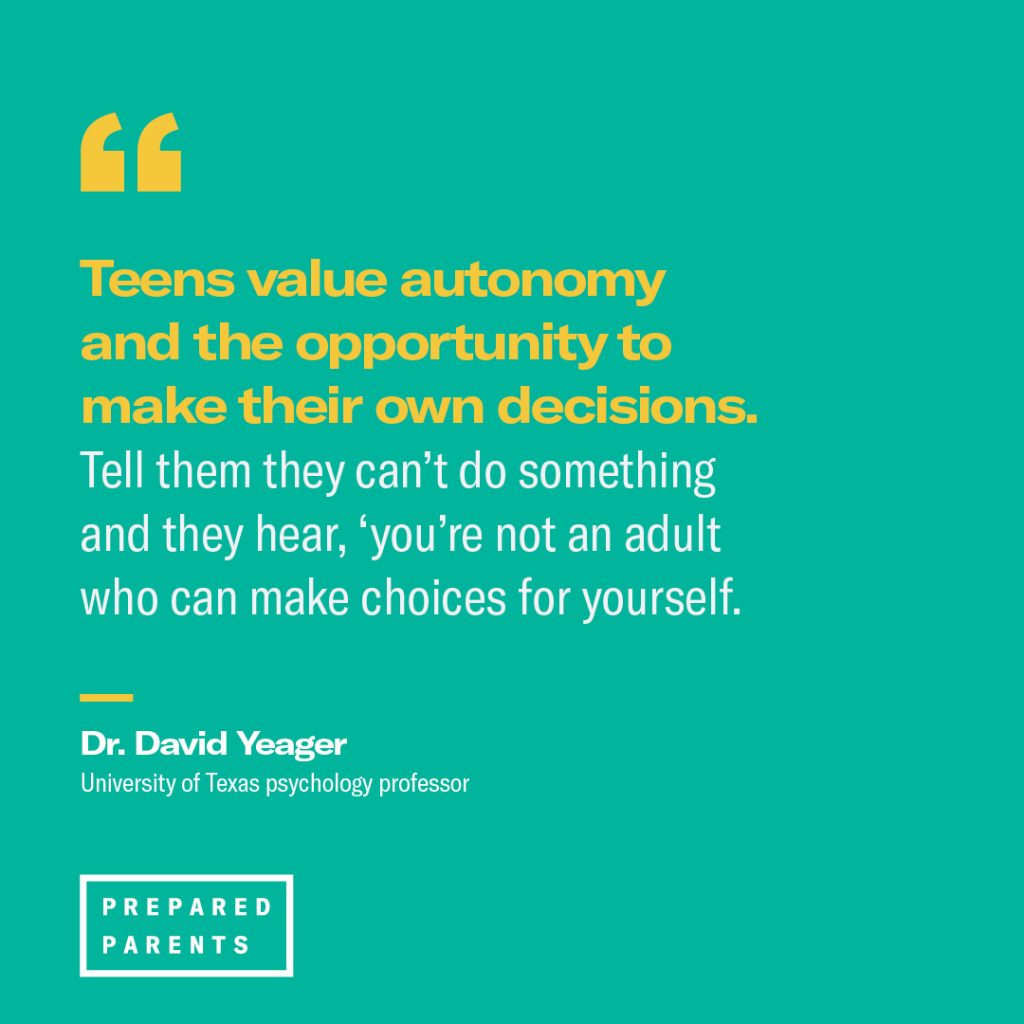Who’s crazy enough to let their kid play with fire or walk in traffic? Parents who are teaching kids important skills like cooking and crossing the street safely, that’s who.
Life is full of risks and while we may want to bubble wrap our kids and protect them from EVERYTHING, helping them to navigate through life sets them up to make good choices now and long into the future.
Risk-taking is all about identity formation. As kids mature, they need opportunities to discover who they are, to set their own boundaries, and to establish their own values and beliefs apart from those of their parents. Wise risk-taking builds resilience, boosts confidence, encourages perseverance, and curbs fear.
Our complex brains develop at varying rates and times. The part that is impulsive and reactive—the amygdala—matures earlier than the prefrontal cortex, which is the area in charge of self-regulation and thinking through the consequences of our actions. That means it’s up to us parents to provide opportunities and guidance to help our kid determine which risks are safe and which are just plain crazy.
We’re born risk-takers or we’re born risk averse. So one kid may be all about scaling a mountain while another won’t get on a bike. Not only that, how you as a parent feel about risk is going to influence your kid. Will your aversion discourage them from stepping out and safely venturing into an exciting unknown?

Older kids, particularly teens, are hard-wired to take risks as they seek out pleasure and excitement. University of Texas psychology professor Dr. David Yeager says, “Teens value autonomy and the opportunity to make their own decisions. Tell them they can’t do something and they hear, ‘you’re not an adult who can make choices for yourself.’”
Teens yearn for status and respect from their peers and authority figures. Failing socially is their greatest fear and may lead them to try dangerous activities like smoking, drinking, and driving too fast. Yet a large-scale study of teenagers in Australia confirmed that support from parents and other adults is likely to reduce unhealthy risk-taking because it tells them you trust them. Taking a wise risk is a first step towards adulthood. Encourage your teen to practice being a grown-up by exploring a new arena like trying out for the basketball team, learning to play the clarinet, or joining the chess club. This allows them to move out of their comfort zone, which builds confidence and a sense of belonging.
Principles vs. Rules
Healthy risk-taking rewards teens in a way that reduces the likelihood of their attempting unhealthy behaviors. Dr. Yeager advises parents to support their teen towards making wise decisions by talking about principles vs. rules. Rules externally restrain a kid through authority and discipline, but principles have the potential to internally inspire them to do the right thing.
You may have rules about your teen hitch-hiking to a concert 50 miles away (or even just driving the car down the street), but what principles or values should they consider when making a decision about this action?
Use these prompts to encourage them to think deeply:
- How does your desire to hitchhike to the concert tie back to your values?
- Why do you want to go? Be specific. What are you looking to get out of this experience?
- What are all of the potential consequences of you making this choice? Walk through a comprehensive list together.
- Are there other ways you can get to the “why” without the risk?
- Is there a different decision you can make that still aligns with your values, and allows you to get what you want?
Three things to consider when it comes to risk-taking
- List the non-negotiables
Ultimately you are responsible for the health and welfare of your kid. What risks are you willing to allow them to take? Are there actions and behaviors that are unacceptable? Tell them the consequences long before they take the risk and make sure to follow through if they choose to defy you. If you don’t, they’ll think, “hey, I got away with it this time. I can do this again.” - Let them make mistakes
Some of the greatest lessons learned come from mistakes. If you kid burns the pasta when they attempt to make dinner, don’t chastise them. Ask them what they think went wrong and encourage them to try again. Every master chef has botched a meal. - Be an open book
Don’t be embarrassed to tell your kid about risks you’ve taken—both the wise and the ill-advised. It’s called social learning and they’ll learn a lot from your epic fails. Allowing your kid to take risks can be terrifying for a parent, but you’re actually preparing them to take on more challenges and experiences that will enrich their lives right through adulthood.

